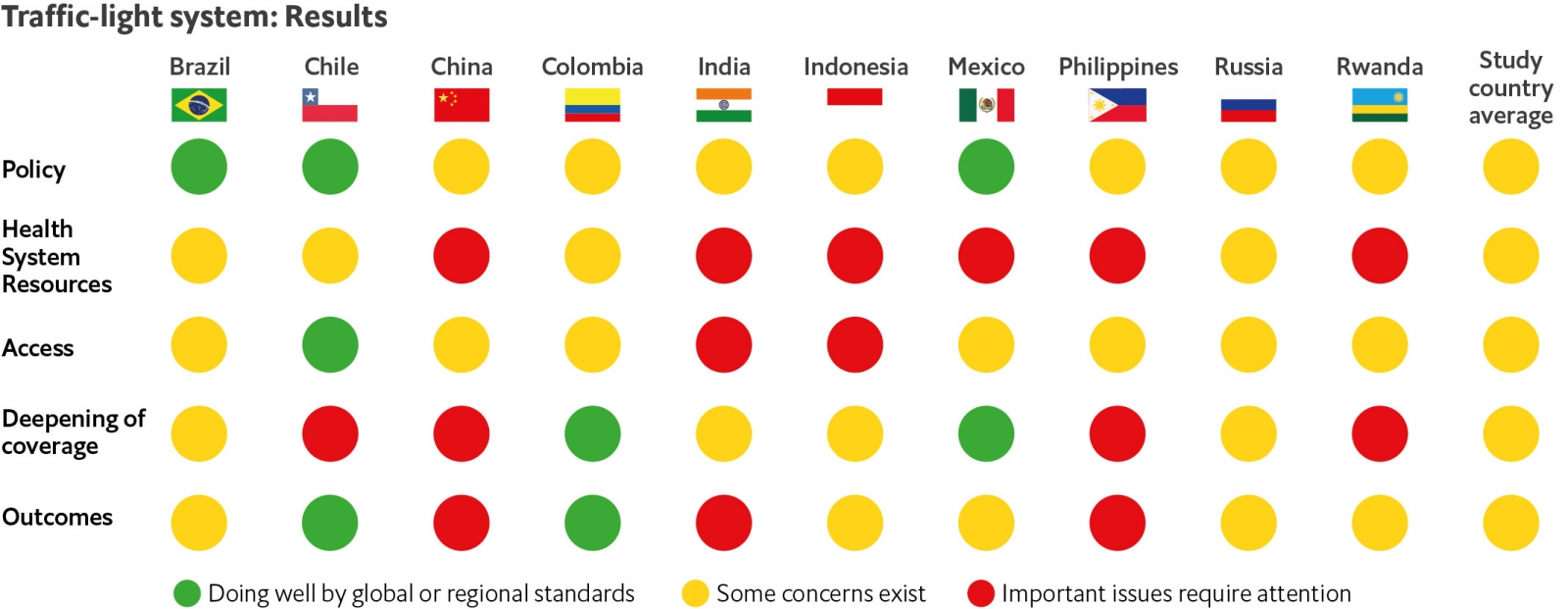Executive Summary
Universal Health Coverage (UHC) is one of the health targets within the sustainable development goals (SDGs). It means that everyone who needs healthcare services receives ones of sufficient quality without having to experience financial hardship. Reaching this goal is a task both large and urgent: currently more than a half of the world’s population lack access to at least some essential element of healthcare.
Download workbook: A Traffic Light assessment of key middle and low-income countries
The Economist Intelligence Unit prepared a Traffic Light study to assess how far 10 key countries at different levels of economic development have come in the implementation of UHC. The countries are: Brazil, Chile, China, Colombia, India, Indonesia, Mexico, Philippines, Russia and Rwanda.
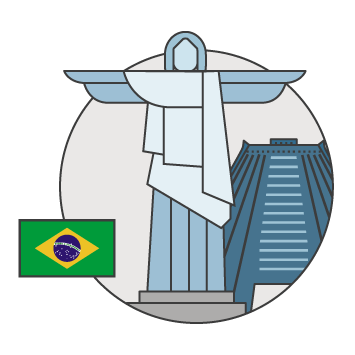 Brazil has reduced some socio-economic disparities in health, but funding has, in recent years, become a large concern, meaning the system will be underfunded over the longterm. After Russia, Brazil scores the most yellow traffic lights across our five domains.
Brazil has reduced some socio-economic disparities in health, but funding has, in recent years, become a large concern, meaning the system will be underfunded over the longterm. After Russia, Brazil scores the most yellow traffic lights across our five domains.
Download country profile: Brazil
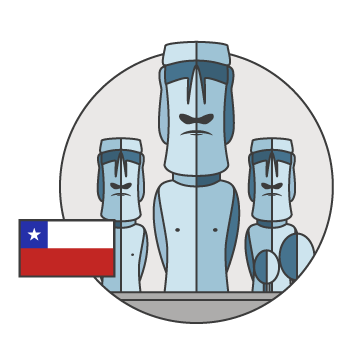 Chile has among the best results in our study of UHC. It has a comprehensive UHC policy with widespread population coverage. The country has the highest level of government and compulsory spending on health as a percentage of GDP in the study (5%), earning it the only green traffic light in this category.
Chile has among the best results in our study of UHC. It has a comprehensive UHC policy with widespread population coverage. The country has the highest level of government and compulsory spending on health as a percentage of GDP in the study (5%), earning it the only green traffic light in this category.
Download country profile: Chile
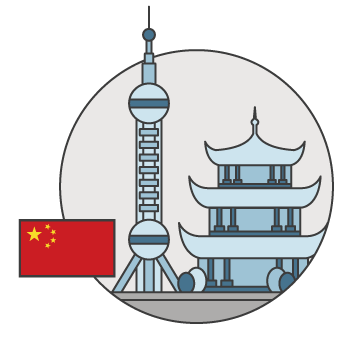 China has made mixed progress in UHC in the last 10 years, especially around primary care. We give China a green traffic light on the growth of its spending to date. Our study finds there has been solid growth in government and compulsory spending on healthcare, a relative increase of 14% in aggregate between 2011 and 2016.
China has made mixed progress in UHC in the last 10 years, especially around primary care. We give China a green traffic light on the growth of its spending to date. Our study finds there has been solid growth in government and compulsory spending on healthcare, a relative increase of 14% in aggregate between 2011 and 2016.
Download country profile: China
 Colombia has been moving towards UHC, in steps, for more than 25 years, making healthcare a right in its constitution in 1991. It has had some successes, such as best healthcare outcomes of the countries we look at, but the number of healthcare professionals could improve.
Colombia has been moving towards UHC, in steps, for more than 25 years, making healthcare a right in its constitution in 1991. It has had some successes, such as best healthcare outcomes of the countries we look at, but the number of healthcare professionals could improve.
Download country profile: Colombia
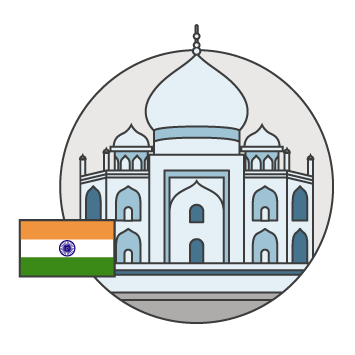 India aims to insure about 500m poor Indians, but it still has substantial work to do. Some areas that need addressing include the high levels of out-of-pocket payments and poor capacity for non-communicable disease clinical management in primary care.
India aims to insure about 500m poor Indians, but it still has substantial work to do. Some areas that need addressing include the high levels of out-of-pocket payments and poor capacity for non-communicable disease clinical management in primary care.
Download country profile: India
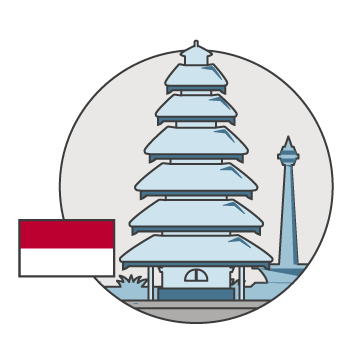 Indonesia is still in the early stages of an ambitious effort to roll out UHC which began in 2014. The effort has seen some substantial accomplishments, but its rapid growth has raised questions about its sustainability.
Indonesia is still in the early stages of an ambitious effort to roll out UHC which began in 2014. The effort has seen some substantial accomplishments, but its rapid growth has raised questions about its sustainability.
Download country profile: Indonesia
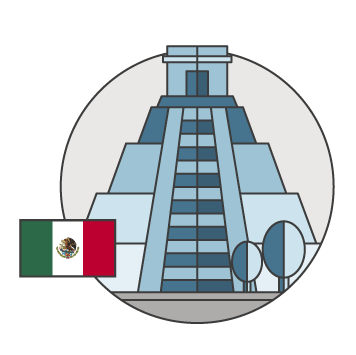 Mexico’s efforts to achieve UHC, in particular through the launch of Seguro Popular in 2004 and its subsequent expansion, provide many examples of good practice for other countries.
Mexico’s efforts to achieve UHC, in particular through the launch of Seguro Popular in 2004 and its subsequent expansion, provide many examples of good practice for other countries.
Download country profile: Mexico
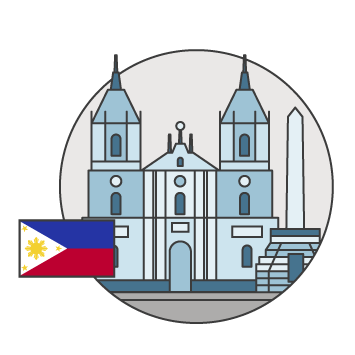 The state of UHC in the Philippines is expected to change in the coming years because of a major new law, passed in February 2019, which aims to provide population-wide health insurance.
The state of UHC in the Philippines is expected to change in the coming years because of a major new law, passed in February 2019, which aims to provide population-wide health insurance.
Download country profile: Philippines
 Russia is the only country in our UHC study to get yellow traffic lights for all five domains—which indicates that each area is one of moderate concern.
Russia is the only country in our UHC study to get yellow traffic lights for all five domains—which indicates that each area is one of moderate concern.
Download country profile: Russia
 Rwanda is the only low-income country in this study but does as well as middle-income ones across several areas related to UHC.
Rwanda is the only low-income country in this study but does as well as middle-income ones across several areas related to UHC.
Download country profile: Rwanda
